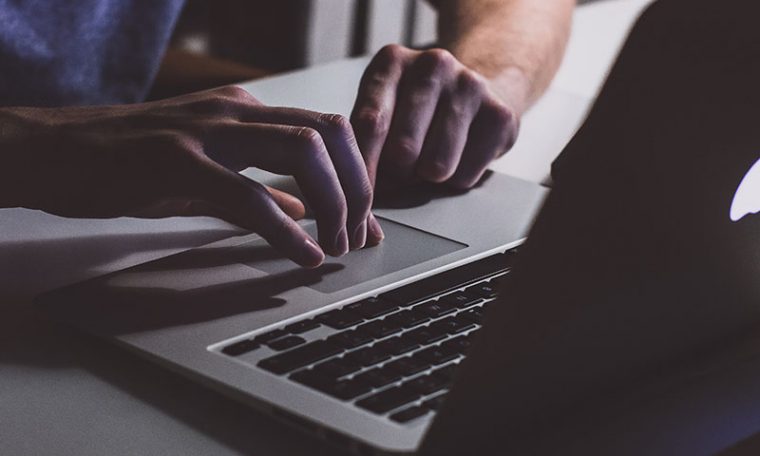
Privacy is more important than ever nowadays, especially on the internet. Everybody tends to be careful on the internet to protect one’s personal information and to keep their network safe they should use IP Router Login. But often, while working online, if you have ever visited a website and shared your mobile number or email ID, then you might also have shared your IP address without realizing it. IP Address stands for Internet Protocol Address. Networking primarily consists of 7 layers according to the OSI model. The layers are:
- Application Layer
- Presentation Layer
- Session Layer
- Transport Layer
- Network Layer
- Data Link Layer
- Physical Layer
IP address falls under the category of the Network Layer. It is primarily used for communication purposes, i.e. You need it when you connect to the internet and even if you connect your device to any other device. It can be subdivided into two more categories,
- IPv4
- IPv6
IPv4 is now being replaced by IPv6 because IPv4 is a 32-Bit IP address whereas IPv6 is a 128-Bit IP address. Hence, IPv6 gives an upper hand over IPv4. Without IP addresses, any kind of communication is not possible. An example of IPv4 address is 63.17.102.145 and that of IPv6 is 2001:0db8:85a3:0000:0000:8a2e:0370:7334.
Let us first talk about what an IP address is. In simpler words, your Internet Protocol address (IP address) is the logical location of your computer when it’s connected to the internet. And it is assigned to every single computer, printer, switch, router, or any other device that is part of an IP-based network. It works the same way as your physical address. Your device needs an address to send information to another device. So we can say that an IP address is a passport to the internet.
Although the IP address of your local router is shared automatically when you send an email or visit a website, these numbers can reveal things about you.
Here are five things which an IP address can reveal about you:
1. Geo-location
The most personal kind of information that can be shared through the IP address itself is geo-location. It can reveal your Geo-location data about the general area of your router. Though it cannot determine your street address, it can know your city, state, and your country. With enough research, your ISP can also trace your area within a 5km radius with the help of network towers.
You might not know, but you are always sharing your location someway or the other via your IP Address. But the good thing is that you are connected to a network so it’s the network’s location being shared and your precise location is safe. It will only be able to give location data of the router.
2. Owner’s Name
Through an IP address, one can determine who owns and operates the network. ISP stands for Internet Service Provider. It is a company that provides you with internet access. It gives you an external IP Address. It also gives you a host-name. Hence, from your IP Address one can get your ISP information, the carrier you use, and your host-name.
With a little more effort, one can also get to know the approximate location of your internet connection. Your ISP also records your search history and the websites you visit. Accessing all these data is possible with your IP Address. It can provide a range of information about the individual or organization to which the address is assigned, including a name, phone number, and address.
3. Search History
One can know about the websites you have visited or the services you have availed through your IP address.
4. Ad Preferences
Advertisers can find your IP address with just a click. When you click an ad, they have an idea about your ad preferences. As a result, you get a highly targeted advertisement.
5. Phone Number And Email Address
One can seek information on any email addresses or phone numbers used from a particular IP address, which, in turn, could be the subject of further requests for subscriber information.
Although it seems scary that some numbers can reveal such personal information about you, there are still ways to protect your IP address. Here are some ways to do so:
6. Personal VPN
A VPN protects your data online through the use of encryption. It hides your IP address and redirects your traffic to a different server, making it much easier for you to work online. VPN services are, no doubt, the best way to protect your IP address.
7. Update Your Antivirus Solution And Add Security
Timely updating of your security softwares makes sure that you are free of threats, and adding more protection further protects you.
8. Create Complicated And Long Passwords
Using passwords that are a mix of upper, lower, and special characters and numerals for you decide to make it difficult to decode, which safeguards your device against hacking IP address.
9. Use Public/Free Wi-Fi
By using a different network’s IP address as long as you are online, you are temporarily hiding your own network’s IP address.
10. Turn Off Location Services
As long as you don’t need location services for mapping or other related functions, then it would be better to turn off location services on apps and websites.
IP Address is a mystery box which contains a lot of information about you and your personal life. All this information can be used for business purposes, or it can be misused. Your privacy is in your own hands, and protecting your IP address is one way of protecting your identity.
It is a necessary evil as you need it to communicate with the internet or with the intranet(devices nearby) and also it can make your life miserable if it falls into the wrong hands. Better to protect your identity and information always to be safe. It makes your life simple on the bright side and miserable if it falls into the wrong hands. By following these steps is a way to stay safe against cybercriminals.




